- Overview
- Alcohol Use Disorder
- Opioid Use Disorder
- Cannabis Use Disorder
- Prescription Drug Abuse
- Other Abused Substances
- Non-Substance Addictions
- View Full Guide
Marijuana Addiction and Abuse


Is Marijuana Addictive?
Addiction is more common in drugs like alcohol or cocaine. But it’s possible to get hooked on marijuana, also known as cannabis. That means you can’t stop using it, even if you want to. Studies show about 1 in 10 adults who use marijuana can get addicted. Your chances go up to 1 in 6 if you use it before age 18.
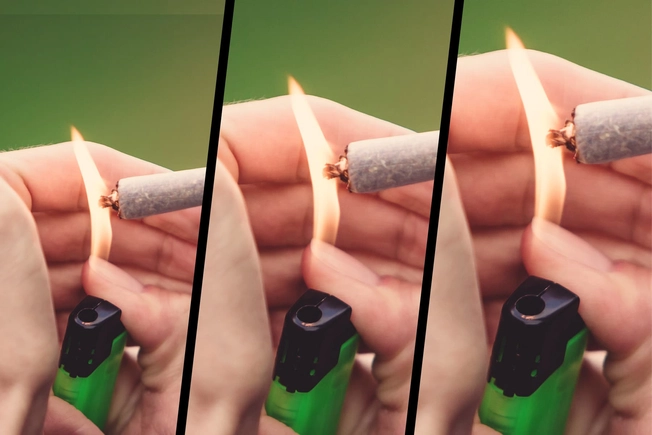
What Is Cannabis Use Disorder (CUD)?
You might have this condition if smoking marijuana causes physical, emotional, or social problems. It’s also called marijuana use disorder. CUD can range from mild to severe.

How Do You Know If You Have CUD?
Do you use marijuana every day or almost every day? Have you tried to quit but can’t? Do you get unwanted symptoms when you stop, like anxiety, crankiness, or trouble sleeping? Do those go away when you use marijuana again? Do you have a strong urge, or craving, to use it? Do you keep using it even though bad things happen, like problems at work, school, or with friends and family? If you answered yes to any of these, you may have CUD.

Problems Linked to CUD
Marijuana use can make it hard to think, learn, or pay attention. If you drive while high, you’re more likely to have a car wreck. If you already have mental health problems, CUD can worsen them. People who use marijuana a lot are more likely to be jobless and not happy with life. If you use it every day, you might get withdrawal symptoms a day or two after stopping. These include insomnia, mood problems, or cravings you can’t control.

Who Gets CUD?
Early use may lead to marijuana problems. Genes and environment also play a role. You’re more likely to get CUD if you misuse other drugs, like alcohol. Your chances also go up if you use marijuana a lot and by yourself. Mental health issues, like an anxiety or a mood disorder, can raise your chances, too.
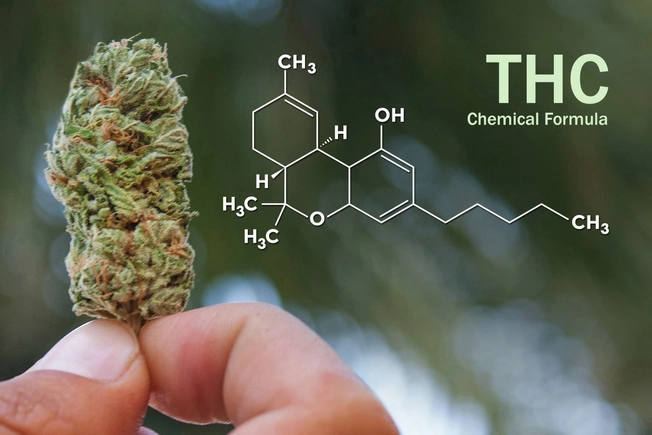
How Does CUD Happen?
Marijuana has THC, or tetrahydrocannabinol as the primary psychoactive ingredient. It triggers receptors in your brain called endocannabinoid receptors. When you use addictive drugs like marijuana a lot, you can change circuits in your brain. Over time, you become less sensitive to the chemicals in marijuana. You might make less endocannabinoid, which your body produces on its own. That means you may need to use more of the drug to feel “normal,” or you may feel stressed out when you’re not using it.

How to Avoid CUD
The only sure way to stop CUD from happening is to never use marijuana. Not using drugs when you’re young might lower your chances. If you have children, make sure they know marijuana can be harmful. Keep a close eye on your kids if you get divorced, move, or have to send them to a different school. Teenagers tend to use drugs when faced with uncertain changes or stressors.

How to Treat CUD
Most people with CUD don’t seek treatment. But you may get better if you try psychotherapy, or talk therapy. That includes cognitive behavioral therapy (CBT), motivational enhancement therapy (MET), and contingency management (CM). These can help you change thoughts and behaviors that make it hard to quit. You could also try to set limits such as only using marijuana on certain days of the week, like the weekends. If you have trouble sticking to self imposed limits, it may indicate a problem. Meditation or other stress relieving activities may also help you use less.

Treatment for Teens with CUD
Psychotherapy can help young people too. But they may do better when loved ones are involved in treatment. That’s how multidimensional family therapy (MDFT) works. If you’re a caregiver, you can go to MDFT with your teen.
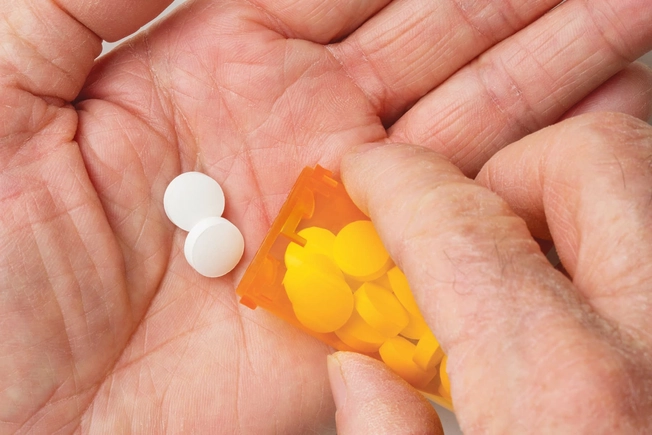
Can Medicine Help With CUD?
If you’re dependent on cannabis, you could go through withdrawal for weeks or relapse after you quit. That’s why experts are studying how medicine can ease withdrawal symptoms like bad mood, anxiety, restlessness, and sleep issues. They’re looking at antidepressants, cannabinoid agonists, mood stabilizers, and insomnia medication, but there are no FDA-approved meds for CUD. Some of these may treat mental health problems that worsen CUD.
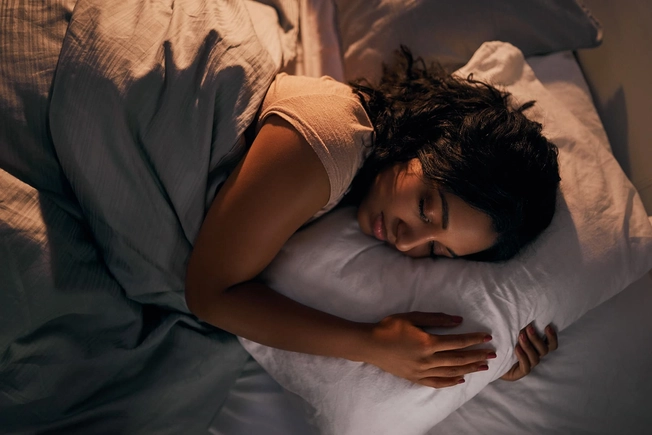
Marijuana Abuse and Sleep
You may use cannabis to help you doze off at night. But in the long run, marijuana can do a lot of harm to your sleep. And heavy use may cause a lot of problems when you try to quit. You might have nightmares, insomnia, or bad sleep quality. If this happens to you, talk to your doctor about how to treat these symptoms.

CUD and Pregnancy
Experts aren’t sure how cannabis affects your baby. But animal studies show it may change how their brain grows. More research is needed to know what’ll happen after they’re born. But if they’re exposed to marijuana daily, they may have a hard time learning or paying attention when they get older. If you’re pregnant or want to be, ask your doctor for help on how to give up cannabis
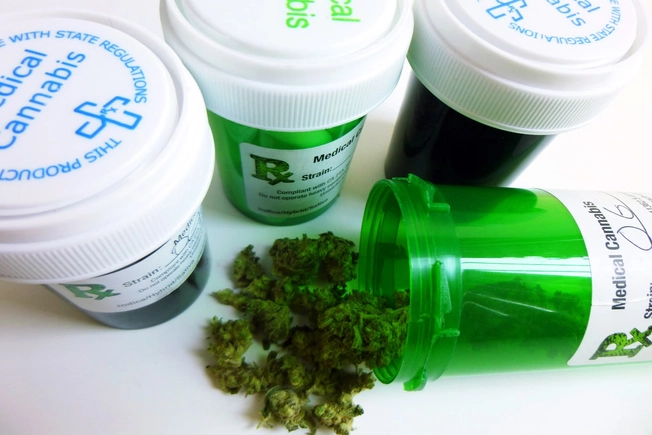
How to Use Medical Marijuana
In some states, doctors can prescribe cannabis. There’s research into its health benefits. It’s used to treat pain that doesn’t go away and may help with symptoms of Parkinson’s disease, multiple sclerosis, or glaucoma. Write down what type of cannabis you use. (For example, is it an edible, a joint, or an oil?) Keep track of how it makes you feel. Tell your doctor about any bad side effects. They may be able to recommend a different kind or dose or whether you should be using it at all.
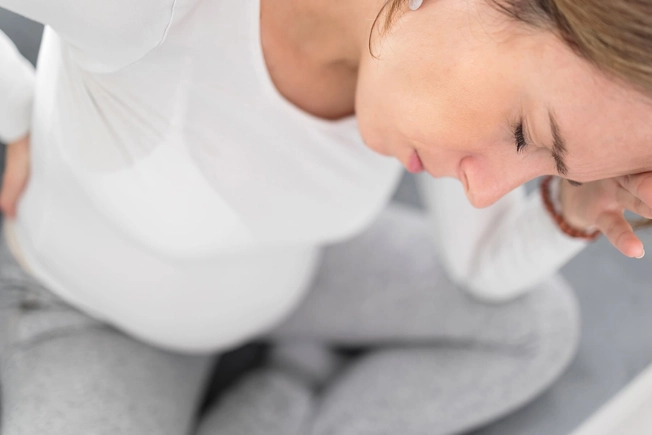
Medical Marijuana and Pregnancy
You may have heard that marijuana helps with morning sickness. But there’s no scientific evidence this is safe. If you’re pregnant, you shouldn’t use medical marijuana unless your doctor says it’s OK.